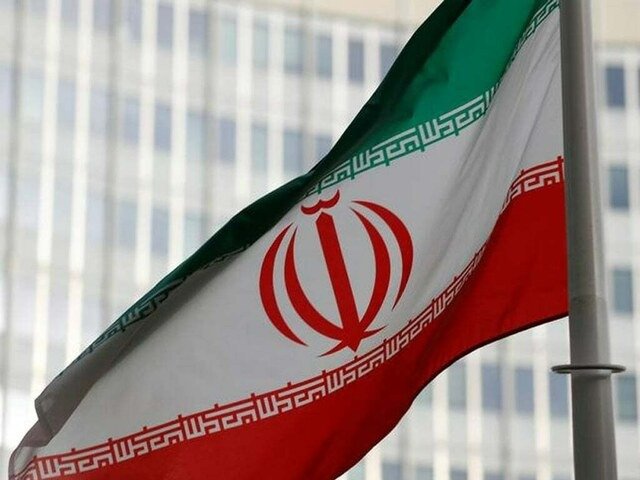A few weeks after the 12-day war between Iran and Israel, a major political shift may be unfolding inside Iran. A growing number of political and civil society voices are now calling for a public referendum and a peaceful transition away from the Islamic Republic.
One such call came from Mir Hossein Mousavi, a former prime minister during the Iran-Iraq war and a leading figure in the 2009 Green Movement. Mousavi, who has been under house arrest since that year along with his wife Zahra Rahnavard, released a statement signed by 800 activists. It urges a nationwide vote and a new path forward for the country.
A second statement came from other high-profile Iranian activists, including Nobel Peace Prize winner Narges Mohammadi and human rights lawyer Nasrin Sotoudeh. All have spent years in prison or under surveillance. Despite their limited freedom, they continue to speak out for reform.
Both statements reflect deep concern about Iran’s future. Ordinary people, still recovering from the war, fear that the fragile ceasefire might not last. Some Iranians believe the worst may be yet to come. In major cities like Tehran, everyday life is marked by severe water and electricity shortages. Dams are nearly empty, and the government has asked residents to leave the city to ease the strain on resources.
The war also intensified distrust toward the ruling system. Some Iranians, on social media, even said they wished the conflict had led to a full regime change. Others remain cautious, afraid of foreign involvement or a repeat of past failures.
Hatam Ghaderi, a former professor, believes a referendum is unlikely while the current regime is in power. Still, he says calls for reform send a strong message and may push the public to think more critically about the country’s future.
Despite this, most Iranians appear hesitant to take action. Years of crackdowns have left many silent. Unlike in 2009 or during later protests, no major public demonstrations followed the war. That silence may be due to fear, exhaustion, or simply a lack of hope.
Still, pockets of support remain. Some back the current government, attending official rallies. Others, particularly outside Iran, support exiled figures like Reza Pahlavi, the former crown prince. Yet none of these factions seem strong enough on their own to drive real political change.
Iran’s ruling system has often used force to crush dissent, executing or jailing thousands. But civil society has not disappeared. Through petitions and statements, activists continue to speak. The question now is whether that will lead to real change.
For that to happen, a new political coalition may be needed. According to one legal scholar, this alliance could bring together reform-minded insiders with independent activists. It could also include academics, entrepreneurs, and even members of the exiled monarchy.
Such a movement—referred to by some as the “New Reformists”—could offer a fresh start. By avoiding both hardline ideology and foreign influence, it might rebuild trust and inspire action from Iran’s silent majority.
Whether such a coalition will emerge remains uncertain. But the calls for a referendum, and the continued push from inside and outside Iran, show that the dream of change still lives on. What happens next may depend not on world powers, but on the courage and unity of Iran’s own people.







